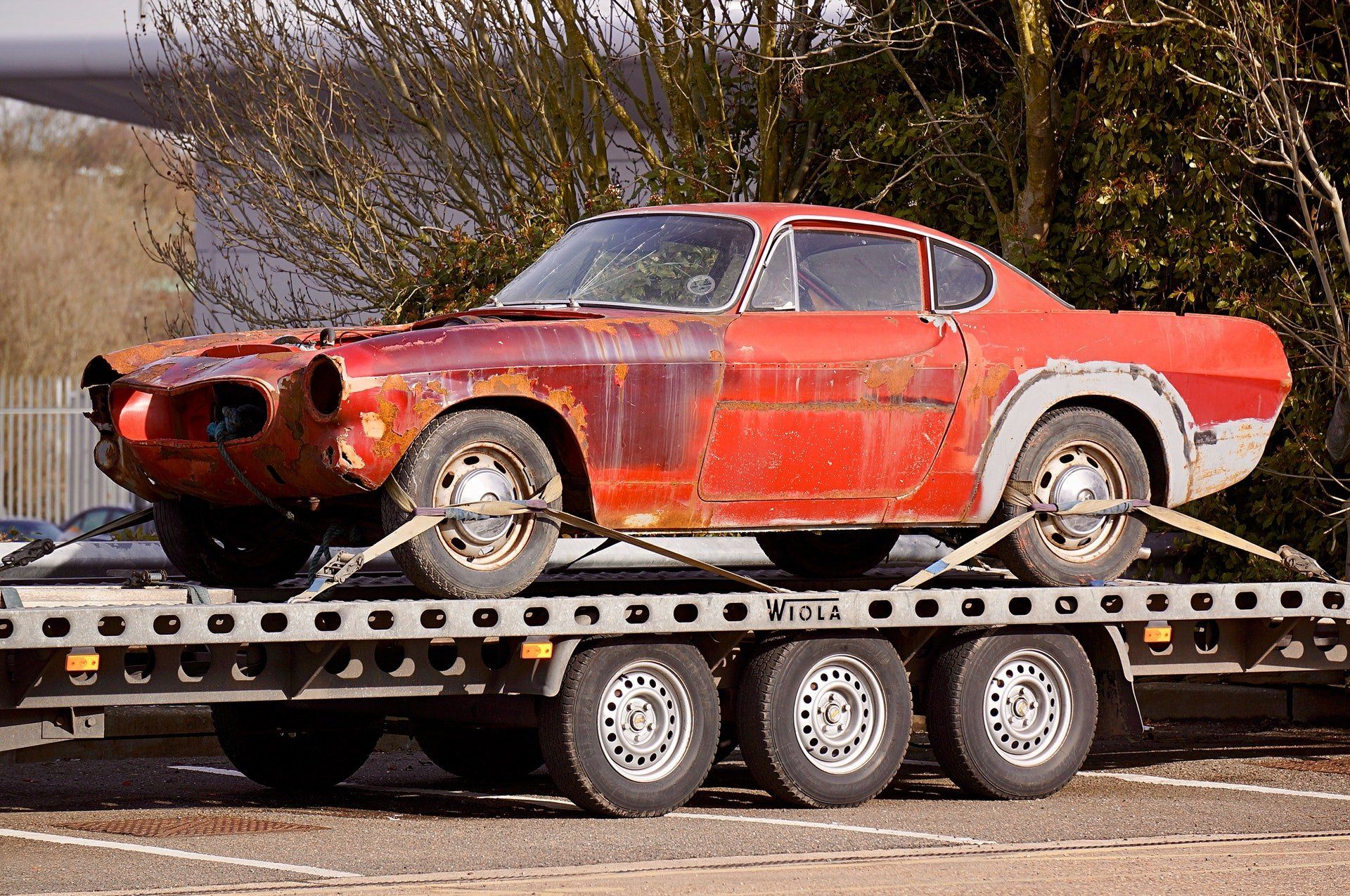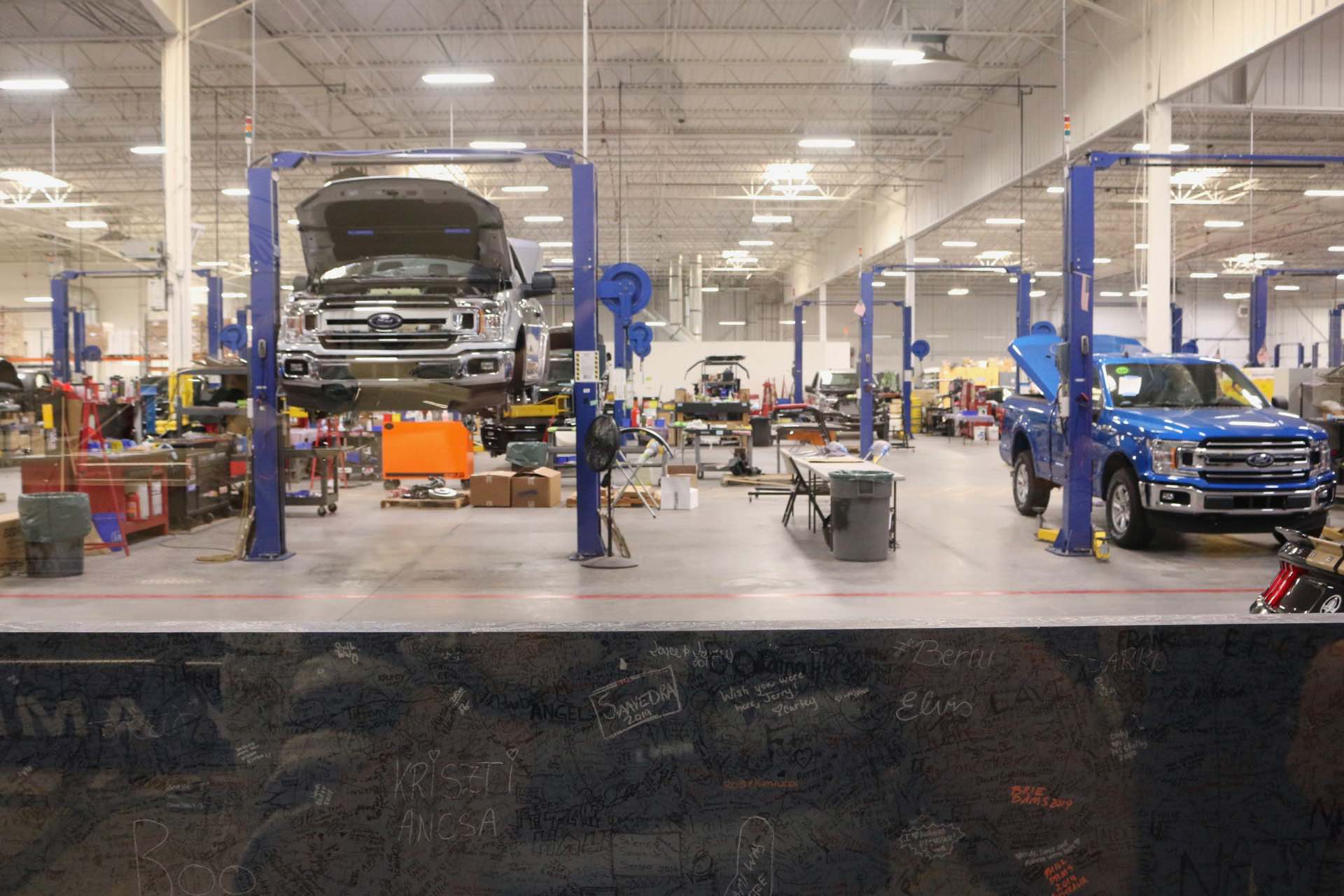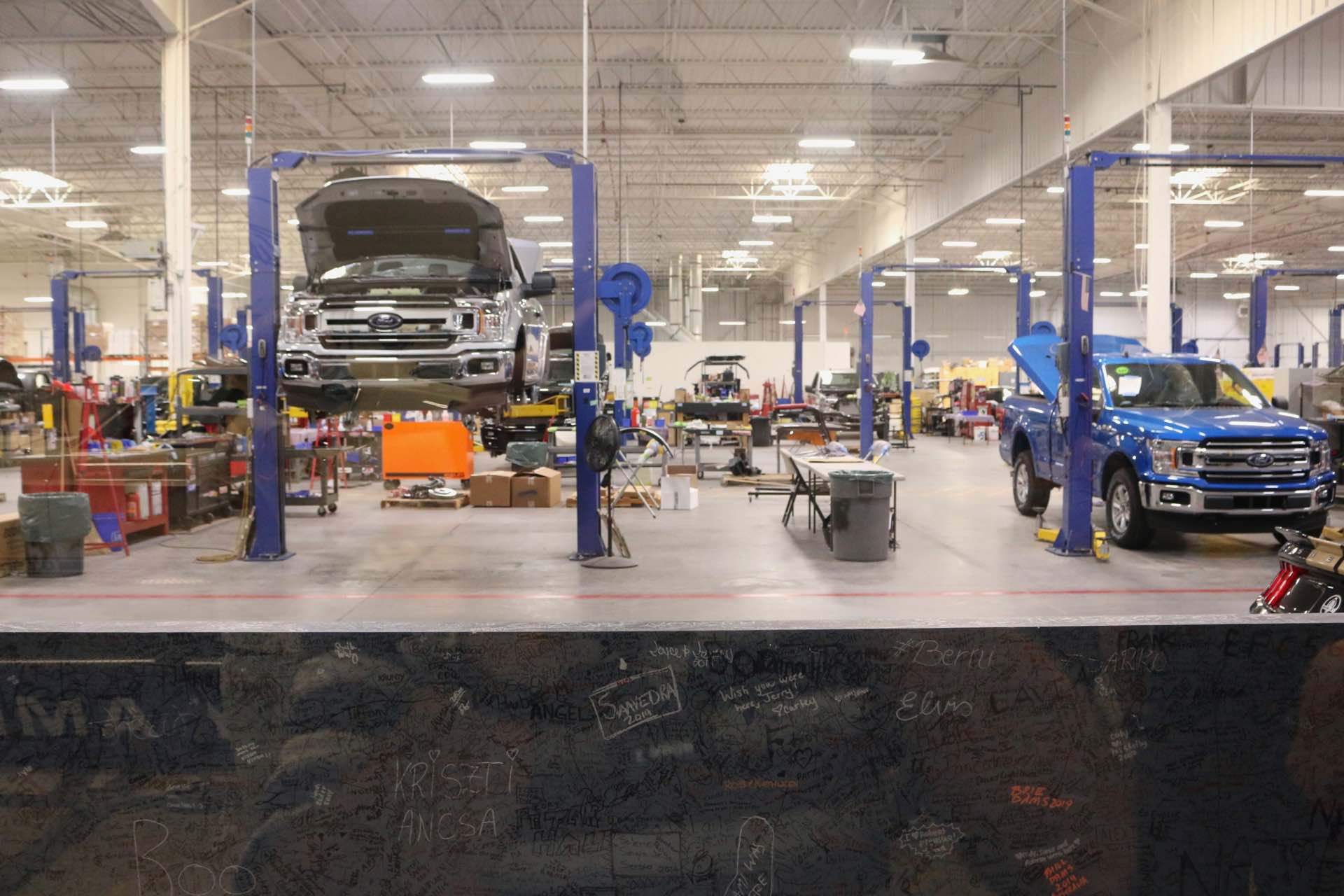Should You Charge an Environmental Fee for Disposals?

Have you ever had your car repaired and noticed that you were charged an environmental fee? More and more auto repair businesses are charging these types of fees, and it is certainly far from a scam or attempt to shake loose change from customers.
Auto repair shops spend a significant amount of money to dispose of waste that is generated from repairing vehicles. In many cases, it is also required by law that shops dispose of potentially hazardous material in a very specific way.
Because there are often environmental requirements in place for auto shops, it is only fair that businesses are able to pass this expense onto the customer, or at the very least a portion of these expenses.
However, auto repair shops may need to be careful about how the expense is presented to their client base. Including a separate environmental fee or “disposal fee” on invoices can have a seriously bad impact on the shop's reputation. Instead of showcasing one’s auto repair shops’ concern for the environment and its well-being, itemized environmental fees may make their customers feel like they're being ripped off.
For example, let’s take a look at a post by an auto repair customer on the Car Talk
community:
“My dealer has started charging a 5% "environmental fee" on all repairs. This included a rear brake shoe/drum/wheel cylinder replacement, which I doubt involved significant hazardous waste disposal. Is this a ripoff, or a legit charge? Is $700 a fair price for this repair on a 2004 Taurus?”
This isn’t a rare occurrence. Many clients may see an environmental fee on their invoice and believe they are being scammed with additional fees.
Because of this, deciding whether or not charging an environmental fee for services provided by one’s auto repair shop is not a simple matter.
Let’s take a look at what exactly the point of this fee is, and some pros and cons of charging this fee.
Related: Online Consumer’s Thought Process
What is an Environmental Fee?
An environmental fee is a fee charged by auto repair shops to cover to costs of properly disposing of hazardous materials in a way that is environmentally safe.
Environmental fees are the auto repair shop’s own charge. They are typically not a tax that one would collect for a federal or state government agency, and then remit. Instead, these fees are meant to cover the cost of hazardous chemical waste fluids, failed or old parts, tires and tire parts, and other hazardous waste disposal.
Adding up environmental costs
can be a real eye-opener for many auto repair shops. The exact amount one will use in charging environmental fees for waste disposal is usually not directly tied to the costs of a single individual service order. That is simply not lucrative or smart in the long run. Instead, an environmental fee is tied to an auto shop’s overall costs.
For charging environmental fees, it is worth considering what expenses you have to cover during disposal. These can include city inspection costs, state environmental fees, the value of the labor used for capturing and properly disposing of waste fluids, the capital equipment required, and many other factors depending on the specific items, materials, and services.
If you are not currently keeping track of these costs in a way that is relatively simple and efficient to report on, consider being more on top of your accounting and bookkeeping processes. As a common rule, if you charge a specific fee for anything product or service-wise, you will want to have expense evidence to compare it to. This can help you see if you are at least breaking even on your costs.
You might also calculate your environmental fee as a percentage of labor used or a percentage of labor plus parts revenue. You could then include those numbers in your shop supplies charge, which is usually calculated that same exact way.
Should You Charge an Environmental Fee for Disposals?
Isn’t this the million-dollar question? (We don’t suggest charging this much for an environmental fee.)
One one hand, competition among auto repair shops
will push those shops to separate out normal expenses in order to lower the base labor fee rate and product/service package pricing. However, this is deceptive no matter how you look at it: it is a marketing-driven practice that ignores the customer's not-so-shining interpretation of the separate additional fees and the resulting damage to the relationship between the customer and the company. To put it simply, competitive pricing for environmental fees can result in a loss of business from the customer end.
We would suggest that shops should stop trying to compete on environmental fee inclusion or omission. It would be wise to include all of the costs necessary in your labor rate. If you need to justify your rate to your customers, you can use the all-inclusive price as a selling feature unique to your business.
Try using questions from clients that involve price as a great opportunity to define and formally state the true value of your services and products. You can also post an in-depth list of expenses that contribute to your labor rate as well as your environmental disposal practices. You don't need to post your official private financial statements, but a direct 'what our fees mean' type of signage in-store can help customers understand why you charge what you do.
The safest approach is to be straightforward with your prices, fees, and what they mean, so there are no unwelcome surprises when the client gets their bill or invoice. If you want to improve your auto repair shop's customer retention and increase customer referrals, you'll want every individual who leaves your shop to feel like they were treated fairly, or at the very least presented information in a fair and understandable way.
There is a line that should not be crossed if you do opt to include environmental fees on invoices, though. As a matter of integrity and basic reputable business practice, you would never try to charge any amount of money for absolutely nothing product or service-wise. The environmental fee is usually meant to make the shop catch up on very real costs that drag the business down, but it is not supposed to be a way to make a profit. Your labor and convenience are what generate profit
- not the environmental disposal fee. There may also be laws and regulations in your state, city, or county that ban the act of charging environmental fees as a profit. Ultimately, it is up to you as the shop owner to make the right decision, but bleeding your customers dry will not end well for your shop.
There are also alternatives to charging an environmental fee for disposals. One way to do this is to simply increase the labor rate for repairs to include the environmental fee so that the fee itself isn’t listed separately on an invoice. This can eliminate the issue of customers seeing the fee and believing they are being scammed with additional fees. In some states, however, this may not be legal.
Pros of Charging an Environmental Fee for Disposals
There are many benefits to charging an environmental fee for waste disposal:
- It makes it easier to dispose of hazardous materials properly and helps the auto repair shop cover at least one area that is taking up a lot of the monthly budget.
- You’re taking on your role in something more substantial and important than a simple auto repair shop - you’re trying to be more environmentally friendly and mindful of how these materials and wastes can damage the earth.
- It can be a selling point for consumers who are trying to live more green lifestyles.
- Being up-front and honest about your environmental fees can make your shop appear to be more reputable and trustworthy, which usually leads to a more loyal returning customer base.
- It will cover your shop’s costs for properly disposing of materials and will not negatively impact your profits.
Cons of Charging an Environmental Fee for Disposals
There are several downsides to charging an environmental fee, depending on how you choose to include or present the fee itself:
- Customers may think the fee is a thinly veiled attempt to shake more money out of them. This could be catastrophic for an auto repair business and lead the customer to look elsewhere.
- If you’re in an area where other shops are “hiding” or simply not charging environmental fees, you may find yourself not bringing in many customers referrals or new clientele.
- Not being thorough about why those fees are there or what the fees are actually used for can lead to confusion and miscommunication between the customer and the auto repair shop, which does not usually result in trust or rapport.
While you’re deciding whether or not you should charge an environmental fee, one thing you must do is ensure your auto shop website is up to par. Not only will it make your business look more clean and professional, you can put all the information regarding your set fees on your site so customers are never surprised.
Related: How to Respond to Negative Reviews
Start growing your shop business now!
Generate significant business growth with a Managed SEO service for your auto shop from Auto Shop Digital.













